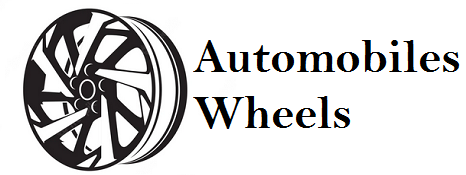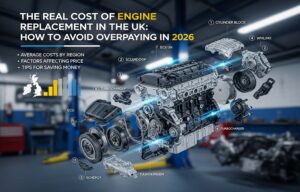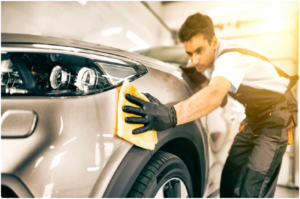Exploring Local Car Junkyards in Florida: Tips and Benefits
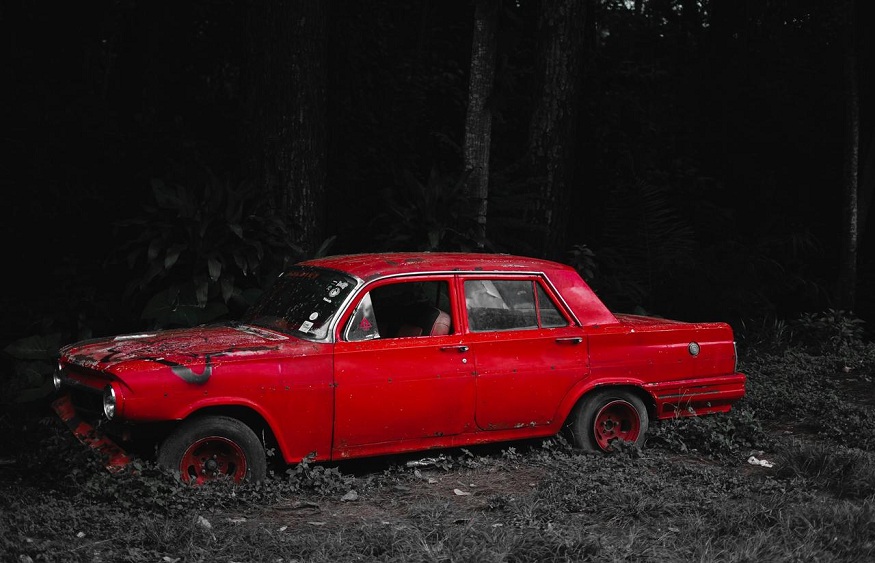
As a professional in the automotive industry with extensive knowledge of car junkyards and salvage yards, I understand the importance of finding quality car parts for your vehicle. In this blog post, we will explore the advantages of sourcing car parts from local junkyards and salvage yards, including cost savings and environmental sustainability.
We’ll start by discussing what exactly is meant by “junkyard” and “salvage yard,” as well as some common misconceptions about these establishments. Discovering the advantages of acquiring second-hand auto components from a nearby junkyard, such as financial savings and eco-friendliness, is our next step.
For classic car enthusiasts, we’ll also touch on how to find specialized classic car junkyards that cater specifically to vintage vehicles. Additionally, we’ll provide tips for navigating a salvage yard effectively so you can quickly locate the parts you need.
Finally, we’ll wrap up with some key considerations when selling your own junk car to one of these establishments. Whether you’re looking to buy or sell car parts or simply curious about how these businesses operate, this blog post has something for everyone interested in the world of auto salvage yards.
Understanding Local Car Junkyards in Florida
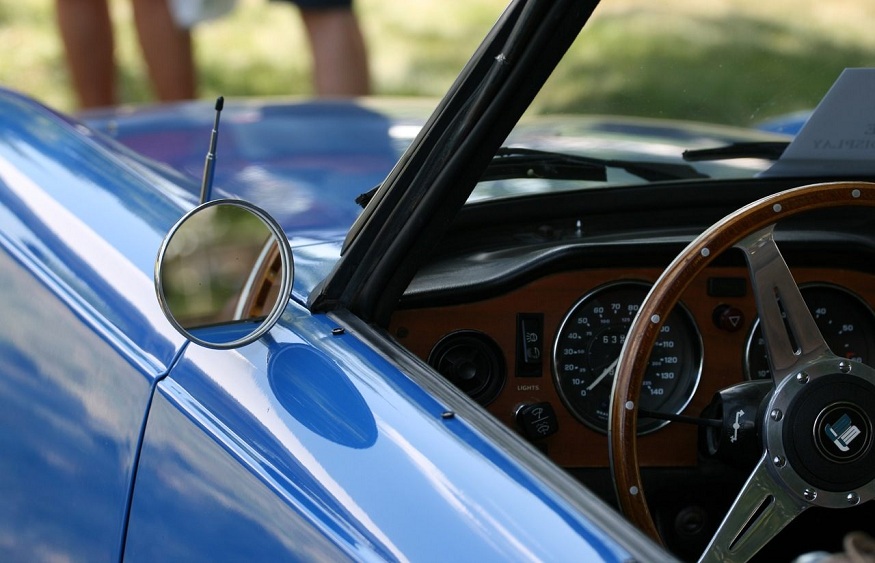
Local scrapyards can be a practical solution for those wanting to discard their used vehicles promptly and effortlessly. Before visiting one, however, it’s important to understand how these yards operate and the tools you’ll need when visiting one. Salvage yards typically deal with vehicles that have been damaged in some way, such as through an accident or natural disaster. Salvage yards typically offer money for vehicles that have been damaged in some way, such as by an accident or natural disaster, in exchange for their parts which may be utilized elsewhere or sold separately. Bringing along some basic tools like screwdrivers and wrenches is a must when entering a salvage yard to help with taking out the desired parts from the damaged car before selling it. It is also important to take safety precautions such as wearing protective clothing and gloves when dealing with sharp edges or hazardous materials inside the yard.
Operators typically evaluate the age and state of a car before proposing an offer for it at their junkyard. Some dealers may only buy classic models while others may accept more modern ones too; this varies depending on the operator’s preference. Despite challenges posed by salvaged parts being potentially less reliable than new ones due to wear-and-tear over time, many people choose them because they are cheaper alternatives compared to buying brand new components from auto shops or manufacturers directly.
At scrap dealers, the sales transaction process usually entails an upfront cash payment and paperwork detailing the car’s condition upon delivery. Local car junkyards manage their inventory by itemizing each part so buyers can accurately assess what they’re getting before taking possession. To protect both parties involved, this step is essential for a successful sale.
You can expect to receive anywhere between $200 – $2,000 for your vehicle when you opt to sell it through a local junkyard. This amount is contingent on the make, model, year and condition of the car as well as market demand and supply trends. Opting for this route eliminates any expensive fees associated with private sales such as advertising costs and provides peace of mind that all transactions are conducted professionally in accordance with industry standards set by governing bodies overseeing salvage yards across the country.
By understanding the tools needed and safety precautions when visiting a local car junkyard, you can ensure that your experience is as safe and efficient as possible. Now let’s look at some of the essential items to bring with you when entering a salvage yard.
What Types of Vehicles Do Salvage Yards Typically Deal With?
Salvage yards typically deal with a variety of vehicles, from classic cars to newer models that have been involved in accidents or otherwise damaged beyond repair. Many car owners turn to these facilities for parts and components as they are often cheaper than buying new OEM parts. Commonly found at salvage yards are cars ranging from older model domestic vehicles to more modern imports. Some junkyards even specialize in certain makes and models such as vintage Mustangs or classic Corvettes.
Salvage yards typically deal with a wide range of vehicles, from older models to newer ones. With that in mind, it is important to understand how salvage yards operate and the methods they use for sales transactions and inventory management.
Benefits of Selling Your Car to a Local Junkyard
For those looking to get rid of an old junk car and make some money in the process, selling it to a local junkyard in Florida can be a great option as they offer fair pricing based on the value of its components. The chief upside is that you can get a reasonable cost for your car, depending on the materials it contains, without needing to engage in protracted negotiations or go through the bother of marketing it yourself. The amount you may receive for your vehicle depends on its state and the components which are still functional. Vehicles that have more working parts will fetch higher prices than those which are completely worn out. Additionally, scrap yards may offer bonuses such as free removal services if they deem it necessary.
Another great reason why people choose local junkyards over other methods is because these facilities usually provide reliable customer service and good word-of-mouth recommendations from fellow sellers who have had positive experiences dealing with them before. This means that you don’t have to worry about being taken advantage of by unscrupulous operators when selling your vehicle, something which could potentially happen when using open market buyers or online auction sites instead. In addition, many salvage yards also specialize in classic cars, meaning they can help you find rare parts at competitive prices should you need any replacements down the line.
Selling your car to a local junkyard can be an easy and profitable way of getting rid of it, provided you do some research beforehand. Still, when engaging with these kinds of establishments, there are some potential dangers to be aware of; let’s explore what they might be.
Risks of Working with Local Car Junkyards
When working with local car junkyards, there are a few risks that should be taken into consideration. Working with junkyards may lead to potential exploitation from an unscrupulous operator, who could offer low prices or inadequate services in exchange for vehicles. To avoid being taken advantage of, it’s important to research potential scrap dealers and read customer reviews before committing to any transaction. It’s also wise to obtain quotes from multiple dealers before deciding. Additionally, always inspect the vehicle yourself or have someone you trust do so prior to selling it off as this can help ensure you get a fair price for your junk car. Finally, make sure all paperwork is completed correctly and signed properly in order to protect both parties involved in the sale.
Conclusion
Working with local car junkyards can be a great way to quickly and easily get rid of an old junk car. Before committing to a local car junkyard, it is prudent to do some research in order to make sure you are getting the most advantageous outcome. Investigating the costs, inquiring about services available, and being aware of any potential risks associated with working with a local junkyard can enable you to make a well-informed choice that satisfies both parties.
